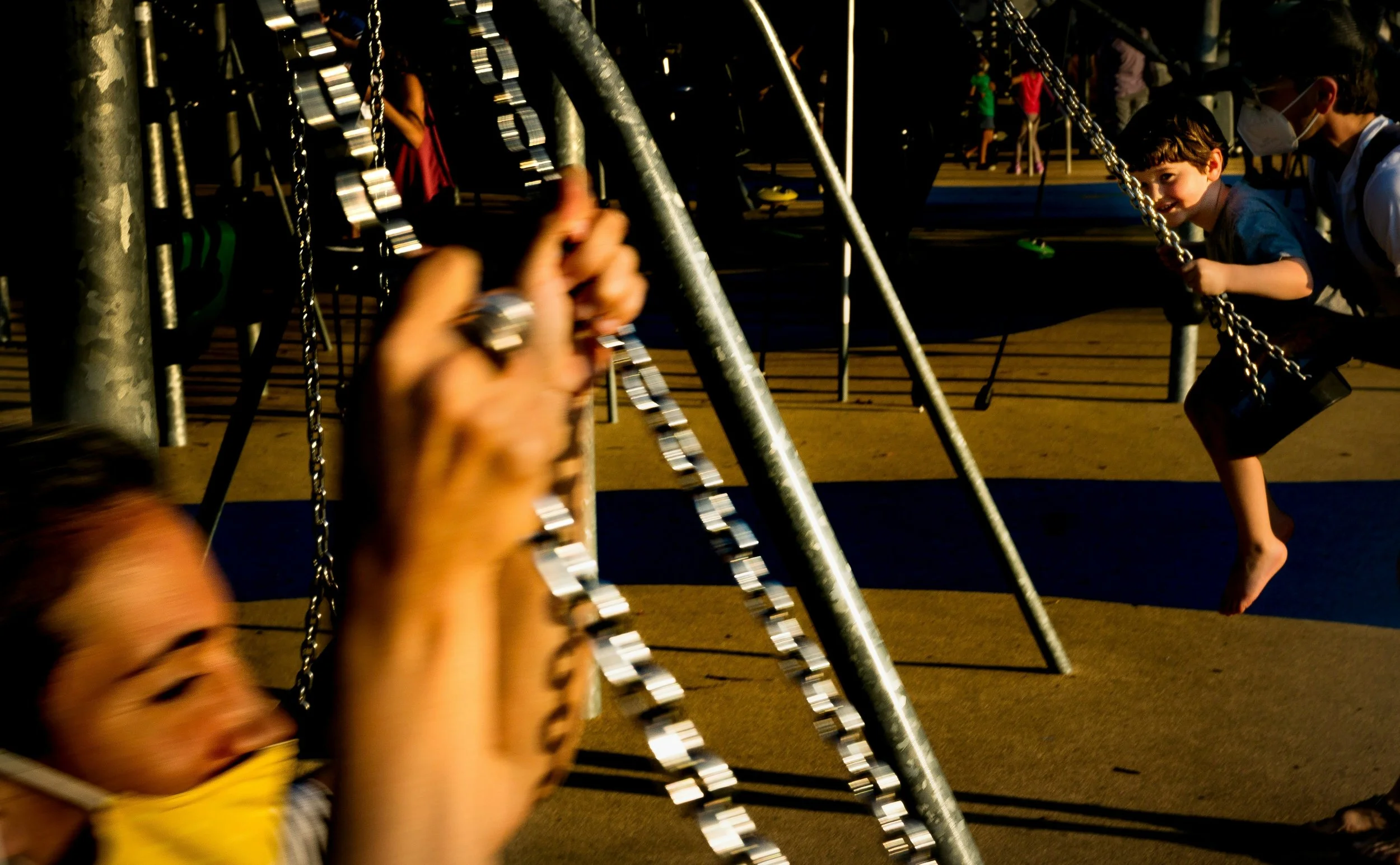Citizenship by Descent in Canada: What the Proposed Changes Mean for Children Born or Adopted Abroad
Canada is changing how it treats citizenship passed down through families. In 2025, the federal government introduced Bill C-3, a proposed amendment to the Citizenship Act designed to fix long-standing problems created by the 2009 “first-generation limit” and the earlier patchwork of rules that left some children born abroad, the so-called “lost Canadians,” without an automatic claim to Canadian citizenship. The changes would broaden who can be a citizen by descent, but they also introduce a new “substantial connection” test and special rules for children adopted abroad. These shifts have major practical and legal consequences for Canadians living overseas and for diaspora families.
Under the current law, a Canadian parent can usually pass citizenship automatically only to a child who is the first generation born abroad. Bill C-3 would correct some historic injustices by automatically recognizing people who would already be citizens if not for the old limit, and by creating a framework that, going forward, allows second or subsequent generations born abroad to be citizens at birth if the Canadian parent born abroad can show a substantial connection to Canada before the child’s birth or adoption. For children born abroad before the law comes into force, the bill proposes automatic restoration or confirmation of citizenship in many case
What Does “Substantial Connection” Mean in Practice?
The government’s technical materials and legal commentaries make clear this is not a vague notion: the draft legislation and departmental briefings set the test at 1,095 days (three cumulative years) of physical presence in Canada by the parent born abroad prior to the child’s birth or adoption. The idea is to preserve the meaning of citizenship as a real link to Canada while also allowing families with genuine Canadian ties to retain the right to pass on citizenship. That 3-year presence threshold appears consistently across government briefings and legal analyses addressing Bill C-3.
The bill also brings adopted children explicitly into the same framework so that, where the parent is Canadian but born abroad, a child adopted abroad could qualify for citizenship by descent or a direct grant, again subject to the substantial-connection requirement for children born on or after the bill’s coming into force. This specific inclusion of adopted children is why many adoptive families have followed the reform closely. However, some advocacy groups and parents say the language in the bill unintentionally treats internationally adopted children differently from children born in Canada, because the “substantial connection” requirement can be hard to satisfy for adopted children who never lived in Canada before adoption or who were adopted in Canada but born elsewhere. Critics argue that this could create unfair outcomes and conflict with international adoption agreements. The public debate has become heated: some parents call portions of the bill “inherently cruel,” while government supporters say the changes remedy past injustices and protect the integrity of citizenship.
The Practical Implications
If you or your child was born abroad and you think the first-generation rule may have affected your status, there are two distinct paths to consider under the proposed regime. For people born before the coming-into-force date, the bill promises a restoration or automatic recognition route in many cases. The IRCC materials indicate the government intends to confirm citizenship for those who would have been citizens but for the old limit. For children born after the bill comes into force, automatic citizenship will generally require the parent born abroad to establish the required 1,095 days of prior physical presence (or other evidence of substantial connection if the regulations allow alternative proofs). The IRCC’s public guidance already invites people in uncertain situations to apply for a citizenship certificate (proof of citizenship) so that their status can be checked and documented.
What Documents and Evidence are Required?
The strongest applications will include long-form birth certificates that show parentage, authenticated adoption orders and custody documents where relevant, the Canadian parent’s proof of citizenship (citizenship certificate or Canadian passport), and contemporaneous evidence of physical presence in Canada if the substantial-connection test is relevant. Physical-presence evidence can include entry/exit stamps, travel itineraries, tax records (Notice of Assessment), school or employment records, leases and utility bills, health-care enrolment, or other documents showing residence during the relevant period. Where adoption is involved, court adoption orders, Hague Convention adoption certificates, where applicable, and any provincial adoption registration can be crucial. Since Bill C-3 contemplates both automatic confirmation and discretionary grants, applicants should also assemble any additional proof of ties to Canada (family ties, longer periods of residency, community involvement) that help show a meaningful connection. IRCC’s online tool and guidance on the first-generation limit already point prospective applicants toward the same types of documentation.
There are important caveats and transitional issues to watch. First, the legislation is not simply retrospective in every case; for children born after the law comes into effect, the substantial connection requirement will bind. Second, administrators and courts may be asked to interpret edge cases: what counts as “cumulative” residence, how temporary absences are weighed, and how to treat minors who were taken abroad by parents before they could accrue presence time. Third, the government’s rollout approach matters: IRCC may offer specific application forms, transitional declarations, or interim measures to avoid unfair cliff-edge outcomes for children born close to the coming-into-force date — but those procedural details will be set by regulation or departmental instructions, so staying informed is crucial. Government materials already explain that some people can apply now for certificates while waiting for formal legislative changes to take effect.
The Political and Legal Context
Bill C-3 was introduced to Parliament to solve the constitutional and fairness issues highlighted by recent court decisions that found the 2009 first-generation limit created arbitrary and unjust results for some families. Supporters in government describe the bill as restoring proper family ties and remedying historic exclusions. Opponents, including some parent advocates and committee critics, argue that certain wording (especially the substantial-connection clause) could reintroduce barriers, particularly for internationally adopted children or for families who cannot retroactively produce the kinds of residency evidence IRCC will demand. Expect further committee debate, possible amendments, and, depending on final wording, judicial challenges should the law produce contested or inequitable outcomes. The media coverage and advocacy response demonstrate how the issue affects real families and why legal guidance is in high demand.
What Should Diaspora Families Do?
First, check whether you already have a valid citizenship certificate issued by IRCC. If unsure, apply for a certificate or use IRCC’s online tool to see whether the first-generation limit may apply to you. For parents born abroad who want their future children to inherit citizenship automatically, consider whether you meet the 1,095-day presence threshold and retain documentary evidence proving time in Canada. For adoptive parents or adoptees, gather adoption orders, provincial registrations, and any documents showing that the adoption was completed according to Canadian law or Hague Convention procedures. Where urgent or complex issues exist, such as past denials, gaps in documentation, or concern about how the bill will be applied to specific cases, seek legal advice because the interpretation of “substantial connection” and the application of transitional rules will be decisive in borderline cases.
✅ How Ayodele Law Can Help
In short, Bill C-3 is an important step toward correcting long-standing unfairness in Canada’s citizenship laws, but it is not a simple expansion without conditions. The proposed substantial connection test and the special handling of adopted children create both opportunities and new evidentiary responsibilities for families. If you have a child born or adopted abroad, or you are a Canadian born abroad, concerned about your descendants’ rights, now is the time to gather documents, understand the exact wording as it emerges from Parliament, and get tailored legal advice so you are ready to apply when the regulations and forms are finalised.
If you want help reviewing your family’s situation, assembling supporting evidence (birth and adoption documents, travel records, tax and residency proofs), or preparing an application for a citizenship certificate or discretionary grant, Ayodele Law Professional Corporation can assist every step of the way.
📞Book a consultation today to give your application the best possible chance of success


